News
Sharia Panel Debate Intensifies in South-West Nigeria
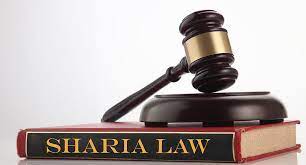
- Sharia panel debate ignites controversy in Oyo State.
- Muslims advocate self-determination; critics fear secular erosion.
- Dialogue urged to balance religious rights and unity.
The proposed establishment of a Sharia panel in Oyo State has ignited a heated debate in South-West Nigeria, pitting Muslim leaders who advocate for their right to self-determination against those who express concerns about the potential implications for social cohesion.
The controversy stems from the distinction between Sharia courts, which are part of the judicial system in northern Nigeria, and Sharia panels, which Muslim leaders describe as arbitration committees for civil matters such as marriage, divorce, and inheritance.
EDITOR’s PICK
- Alli-Balogun Warns Lagos Teachers to Put End to Mass Promotion
- Opposition Slams FG Over N55bn Allocation For Presidential Jet Maintenance
- Kanu Demands Change Of Judge, Rejects Trial Resumption
Muslim leaders, including the Supreme Council for Sharia in Nigeria (SCSN), argue that Sharia panels are essential for addressing the unique legal needs of the Muslim community.
They maintain that these panels, which have been operating in other parts of the South-West for years, provide a platform for Muslims to resolve disputes according to their faith.
“Sharia is part and parcel of a Muslim’s life,” emphasized Mr. Trimizee Adisa Dairo, a Sharia judge in Lagos State.
“It encompasses our private and public life, social and economic life. Our lives are regulated by Sharia.”
The SCSN argues that the current legal system in the South-West fails to adequately address the specific needs of Muslims, citing instances where customary courts have declined to adjudicate matters pertaining to Islamic law.
Critics, including Christian leaders and some members of the Yoruba community, express concerns about the potential implications of establishing Sharia panels.
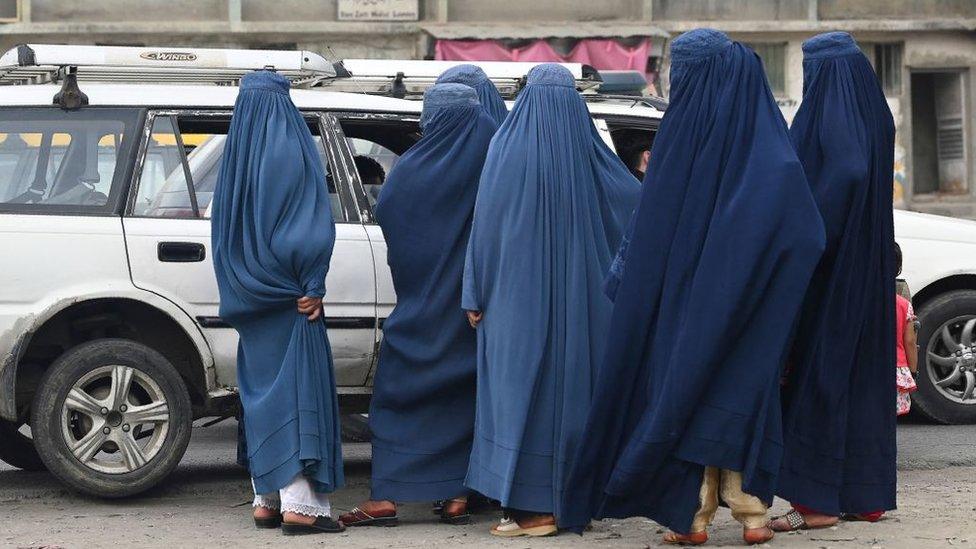
They argue that such panels could erode the secular nature of the state and potentially lead to the erosion of religious freedom.
Apostle Joshua Akinyemiju, Oyo State Chairman of the Christian Association of Nigeria (CAN), described the proposed panel as “unconstitutional and a threat to the state’s secular nature.”
He emphasized the importance of maintaining peaceful coexistence among different religious groups in the state.
The legal status of Sharia panels in the South-West remains a subject of debate.
While the 1999 Constitution allows for the application of Sharia law in matters of personal law for Muslims, the establishment of Sharia courts requires specific legislation by state assemblies.
FURTHER READING
- Girl, Boyfriend Nabbed By Police for Staged Kidnap and Ransom Plot in Asaba
- Two Nigerians Face 40-Year Jail Term for $560,000 Romance Scam in U.S.
- Lagos Police PRO Benjamin Hundeyin Promoted to CSP Rank
Legal experts argue that Sharia panels, as arbitration bodies, operate within the framework of existing laws and do not pose a threat to the secular nature of the state.
However, concerns remain about the potential for these panels to expand their scope and influence in the future.
Click HERE For Our Video Of The Week
Advertise or Publish a Story on EkoHot Blog:
Kindly contact us at [email protected]. Breaking stories should be sent to the above email and substantiated with pictorial evidence.
Citizen journalists will receive a token as data incentive.
Call or Whatsapp: 0803 561 7233, 0703 414 5611


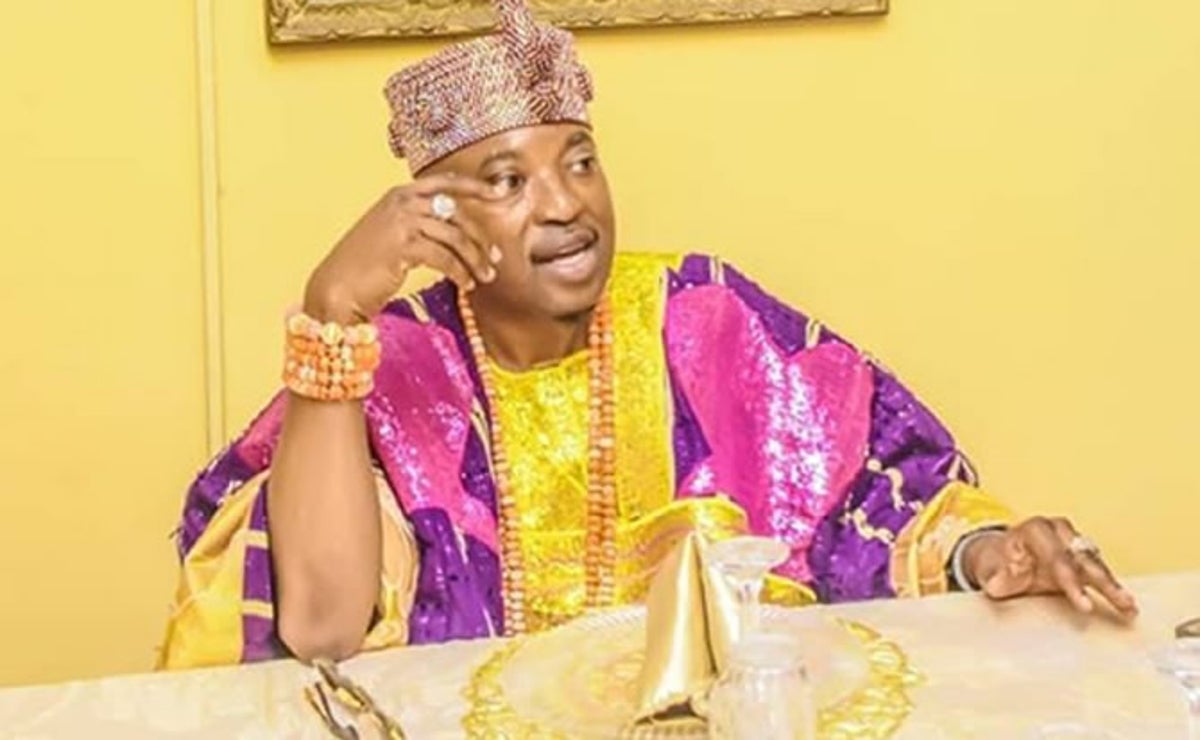

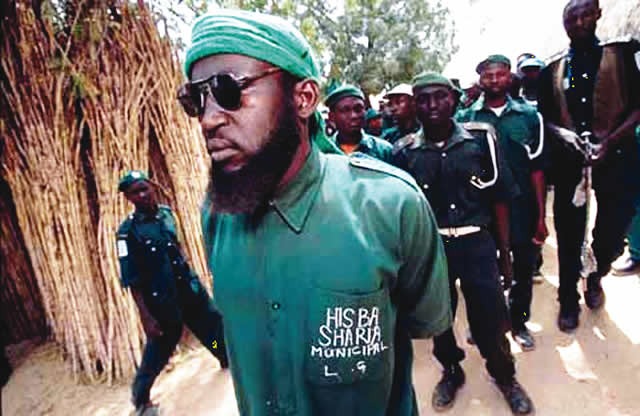
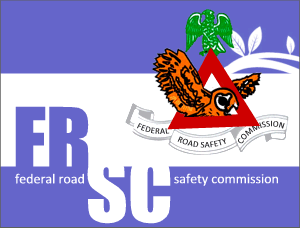








You must be logged in to post a comment Login